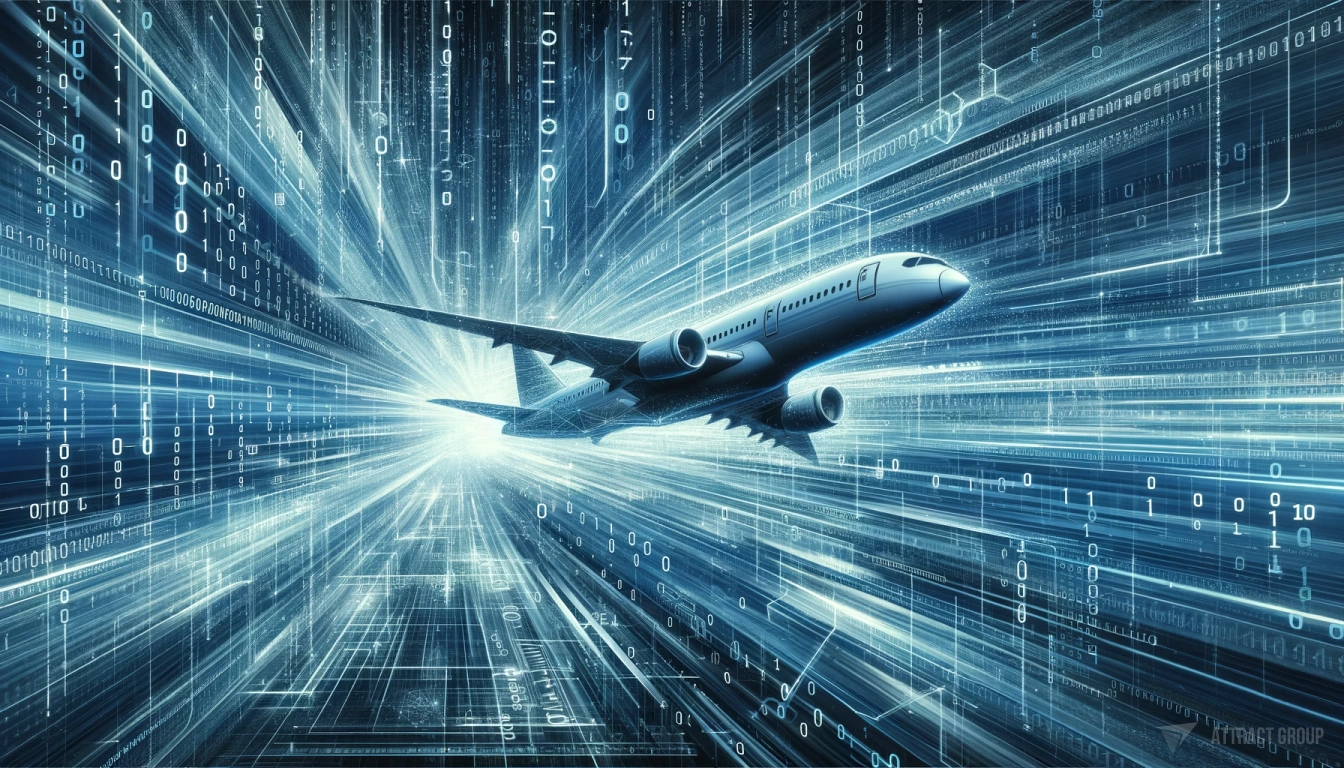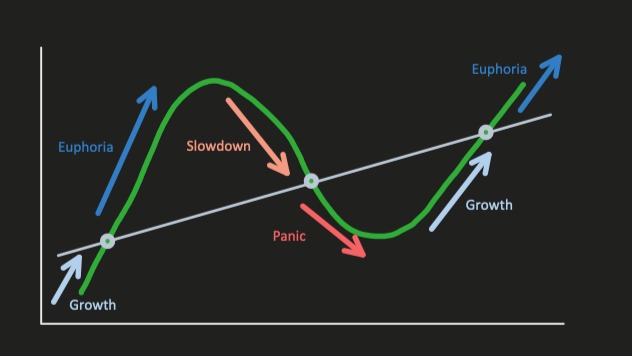In the fast-paced world of aviation, efficiency, safety, and customer satisfaction are paramount. Behind the scenes, sophisticated airline software solutions play a crucial role in ensuring seamless operations, optimizing resources, and enhancing the passenger experience. From reservation systems to flight management and maintenance tracking, these solutions have revolutionized the way airlines operate, empowering them to stay competitive in an ever-changing industry landscape.
The Genesis of Airline Software Solutions
The roots of airline software solutions can be traced back to the early days of commercial aviation when airlines relied on manual processes and paper-based systems to manage their operations. However, as air travel became more widespread and complex, the need for automated solutions became apparent. The advent of computer technology in the latter half of the 20th century paved the way for the development of software specifically tailored to the needs of the aviation industry.
The Core Components of Airline Software Solutions
Reservation Systems: At the heart of every airline operation lies the reservation system, which manages booking processes, seat assignments, ticketing, and passenger information. Modern reservation systems are highly sophisticated, offering real-time inventory management, dynamic pricing, and seamless integration with distribution channels.
Flight Operations Management: Flight operations management software encompasses a wide range of functionalities, including flight planning, crew scheduling, aircraft routing, and fuel optimization. These solutions enable airlines to maximize operational efficiency, minimize delays, and ensure compliance with regulatory requirements.
Revenue Management: Revenue management software plays a crucial role in optimizing airline pricing and inventory management. By analyzing market demand, competitor pricing, and historical data, these solutions help airlines maximize revenue and profitability while balancing supply and demand.
Maintenance Tracking: Aircraft maintenance is a critical aspect of airline operations, ensuring the safety and airworthiness of the fleet. Maintenance tracking software enables airlines to monitor maintenance schedules, track component usage, and plan maintenance activities proactively, reducing downtime and minimizing disruptions to operations.
Passenger Experience Solutions: In today’s digital age, passenger experience is a key differentiator for airlines. Passenger experience solutions encompass a wide range of technologies, including mobile apps, self-service kiosks, in-flight entertainment systems, and loyalty programs, all aimed at enhancing the passenger journey and fostering customer loyalty.
The Advantages of Airline Software Solutions
Improved Efficiency: By automating routine tasks and streamlining workflows, airline software solutions help airlines operate more efficiently, reducing costs and increasing productivity.
Enhanced Safety and Compliance: Aviation is a highly regulated industry, with strict safety and compliance requirements. Airline software solutions help airlines ensure compliance with regulatory standards and maintain the highest levels of safety and security.
Optimized Resource Utilization: From aircraft scheduling to crew rostering, airline software solutions enable airlines to optimize resource utilization, ensuring that assets are deployed effectively to meet operational demands.
Enhanced Customer Experience: Passenger experience solutions play a crucial role in enhancing the overall travel experience, from booking and check-in to in-flight entertainment and loyalty programs. By offering a seamless and personalized experience, airlines can differentiate themselves in a competitive market.
Data-Driven Decision Making: Airline software solutions generate vast amounts of data, which can be leveraged to make informed business decisions. By analyzing data on passenger behavior, operational performance, and market trends, airlines can identify opportunities for optimization and innovation.
The Future of Airline Software Solutions
As the aviation industry continues to evolve, so too will airline software solutions. Emerging technologies such as artificial intelligence, machine learning, and blockchain are poised to revolutionize the way airlines operate, offering new opportunities for optimization, automation, and innovation. From predictive maintenance to personalized passenger experiences, the future of airline software solutions holds immense promise for airlines seeking to stay ahead of the curve in an increasingly competitive market.
Conclusion
In conclusion, airline software solutions play a critical role in shaping the future of aviation, enabling airlines to operate more efficiently, safely, and profitably. From reservation systems to maintenance tracking and passenger experience solutions, these sophisticated software solutions underpin every aspect of airline operations. As technology continues to advance, the future of airline software solutions looks brighter than ever, offering new opportunities for optimization, innovation, and differentiation in an increasingly competitive industry landscape.






